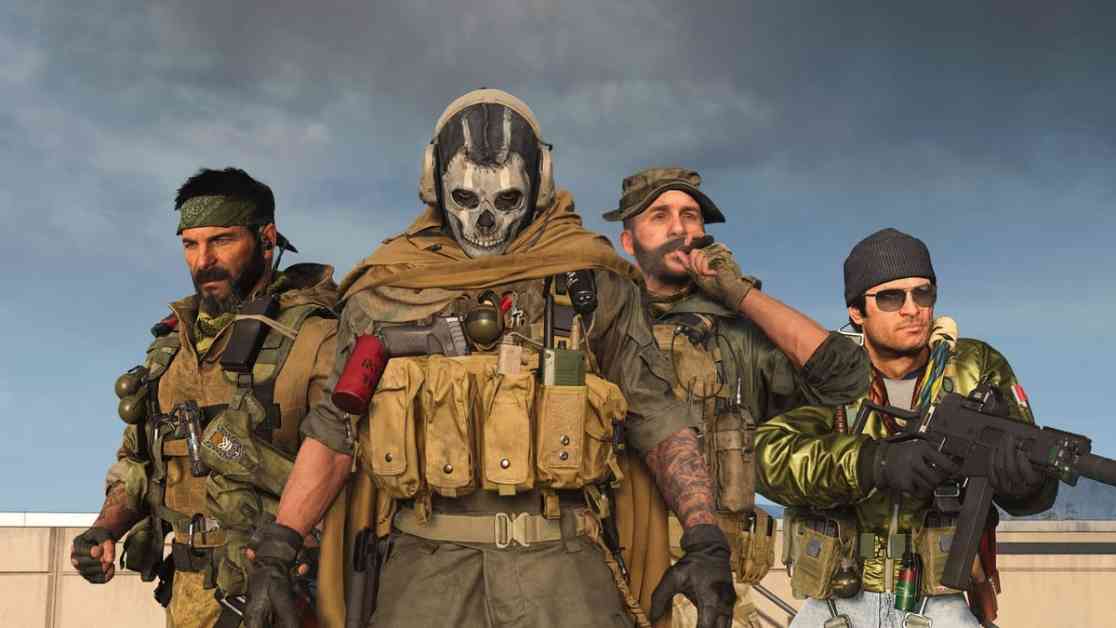The Rising Costs of Call of Duty Development: Balancing Expenses with Declining Sales
Call of Duty, the perennial best-selling video game franchise, is facing a financial conundrum as its production costs continue to skyrocket while sales figures show a downward trend. The latest court filings have shed light on the exorbitant expenses involved in creating these blockbuster games, raising concerns about the sustainability of the franchise’s business model.
Newly revealed information from a lawsuit against Activision and other companies by families affected by the 2022 Uvalde, Texas school shooting has unveiled the eye-watering figures behind the development of recent Call of Duty titles. The head of creative for Call of Duty, Patrick Kelly, disclosed the budgets and sales numbers for some of the company’s recent releases, providing a rare glimpse into the inner workings of the gaming industry.
Escalating Costs and Declining Sales
The data paints a stark picture of the financial challenges facing the Call of Duty franchise. Despite selling fewer copies with each successive release, the production costs have continued to climb to unprecedented levels. For instance, the latest installment, Call of Duty: Black Ops Cold War, cost a staggering $700 million to develop, despite selling 10 million fewer copies than its predecessor.
The Rise of Monetization Strategies
To offset the declining sales figures, Call of Duty has embraced new monetization strategies to generate additional revenue from its player base. The introduction of crossover skins, battle passes, and other in-game cosmetics has proven to be a lucrative source of income for the franchise, allowing dedicated fans to customize their gaming experience for a premium price.
Uncertain Future Under New Ownership
With Microsoft’s acquisition of Activision in 2023, the future of the Call of Duty franchise has become even more uncertain. While the latest installment, Call of Duty: Black Ops 6, enjoyed record-breaking player numbers, questions remain about the long-term viability of the franchise under a subscription-based model. Former CEO Bobby Kotick’s resistance to subscription services raises doubts about the financial sustainability of the franchise moving forward.
In conclusion, the escalating costs of Call of Duty development and the challenges posed by declining sales figures highlight the need for a strategic reassessment of the franchise’s business model. As the gaming industry continues to evolve, Call of Duty must adapt to changing consumer preferences and market trends to ensure its long-term success.




















